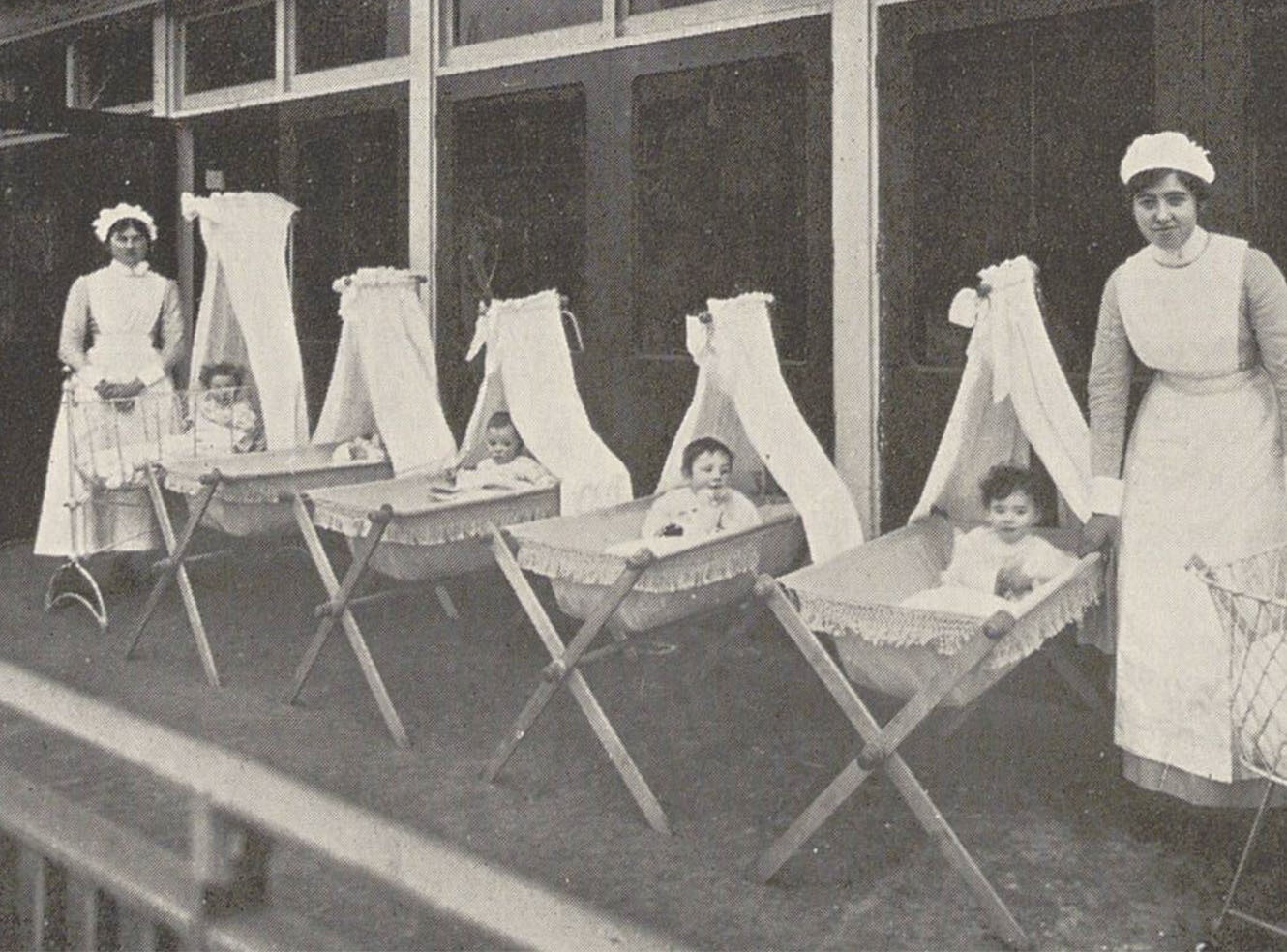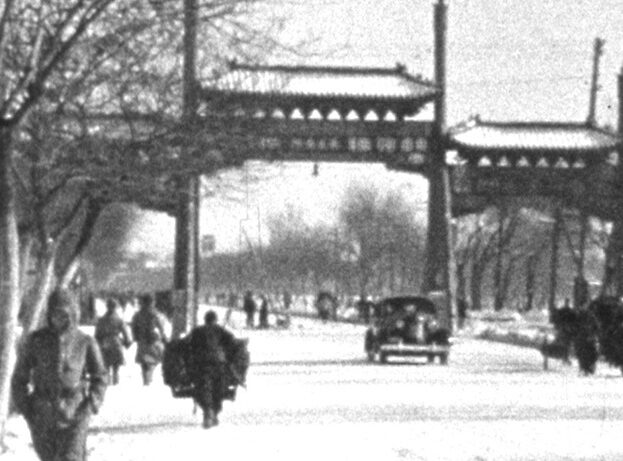Unlocking the interdisciplinary study of sport with AM’s new database, The Olympic Movement: Sport, Global Politics and Identity
Compiled from seven archives across the United States, Switzerland, and the United Kingdom, AM’s latest collection, The Olympic Movement: Sport, Global Politics and Identity, covers the development of the modern Olympic Games from 1896 to 1992, while shining a light on key social and political events throughout the twentieth century.
Through personal papers, scrapbooks, and diaries, as well as official correspondence, the material lends itself to a wealth of interdisciplinary teaching and research covering key themes such as the history of sport, international relations and politics, sports management, gender history, apartheid South Africa and the Cold War.
Viewing the sporting and political impact of the Games allows students and researchers to explore boycotts and the sporting and political impact of those actions. Examples such as the Cold War era boycotts of the 1980 and 1984 Summer Games can be studied through the correspondence of key US Olympic Committee members.
The resource also includes a wide range of materials from 1930s Europe and the United States, covering before, during, and after the 1936 Berlin Games, providing contemporary accounts of Nazi hostility to Jewish people, and the ensuing debate over US participation in the Games.
We’re thrilled to work with the Olympic Museum, United States Olympic and Paralympic Committee; Ronald Reagan Presidential Library, Buckinghamshire Archives, World Abilitysport, the University of Illinois Urbana-Champaign and British Film Institute to bring together this fascinating resource that not only documents the history of one of the most important sporting events in the world, but also provides an alternative lens through which to view significant global events of the twentieth century.
Users can explore perspectives of athletes, spectators, sports enthusiasts and activists, alongside those of governments, sports administrators, medical professionals, media outlets and corporate sponsors, which provide researchers with a comprehensive documentary record of the global history of the Olympic movement and the development of the Stoke Mandeville games and the Paralympics.
Additional features allowing users to contextualise the material and support their research include biographies of key figures, case studies of pivotal Games, a chronology of the modern Olympic movement, indexing which allows for searching by year, competition or organisation, and essays in both written and video format from experts across a range of research areas and fields of study.
Find out more about the resource or request a free trial for your institution by visiting the AM website.
Recent posts

AM’s new resource, A Global History of Epidemics, 1800-1970, offers interdisciplinary researchers unique primary sources, interactive tools from maps to timelines, and expert essays, to explore disease history, colonialism, and public health advancements within the British Empire and beyond.

AM's latest publication provides a vivid visual exploration of twentieth-century China, showcasing historical and cultural transformations. Enriched with powerful accessibility and discovery tools, and contextual resources, China on Film provides an invaluable resource for studying modern Chinese history and early film-making.
